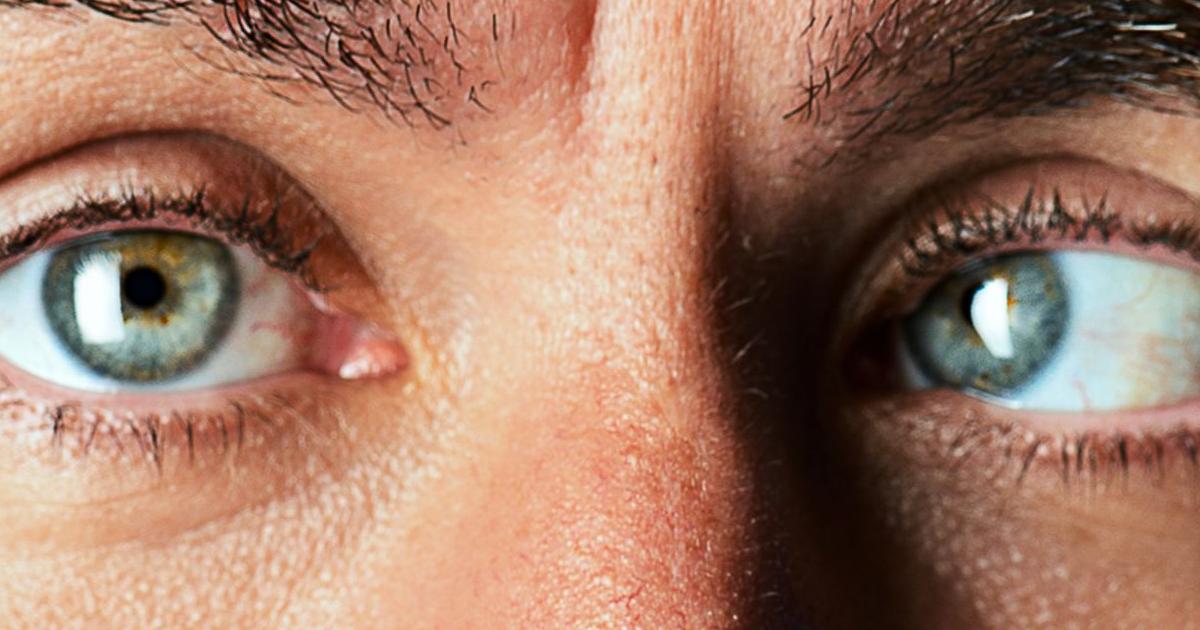What Complications Can Untreated Farsightedness Cause?
Farsightedness, also called hyperopia, is a common refractive error of the eye. This error makes nearby objects blurry and difficult to see, but far away objects clear, though the degree to which this occurs does vary. Farsightedness happens when the individual has a short eyeball, an abnormally shaped cornea, or a deformed lens. A routine eye exam can detect if an individual has farsightedness and what degree of treatment they will need. Treatment in most cases will require corrective eyeglasses, contact lenses, or a corrective surgical procedure. Some individuals may not realize they have farsightedness, causing the condition to go untreated, and become progressively worse with age. Numerous complications can result from untreated farsightedness, some of which can be dangerous.
Strabismus

Strabismus or crossed eyes is a condition where the eyes are not correctly aligned with each other. This means they do not correctly coordinate with each other to look at an object. One eye may turn upward or downward, or one eye may look inward or outward. Crossed eyes can be an intermittent condition that only occurs occasionally, or it can be a constant condition. The type of strabismus that develops as a result of untreated farsightedness is called accommodative esotropia. The focusing system that does not work properly in individuals with farsightedness is closely linked to the system that controls where the eyes are pointing. An individual with untreated farsightedness will focus extra hard to keep the images of what they are looking at clear. Often, this can result in the eyes turning inward toward each other. Symptoms that will manifest in patients with untreated farsightedness resulting in accommodative esotropia include the covering or closing of one eye when focusing on nearby objects, turning or tilting of the head, and seeing double images. Crossed eyes can be treated by corrective lenses, prism lenses, vision therapy, or eye muscle surgery.
Keep reading to learn more about the complications of untreated farsightedness now.